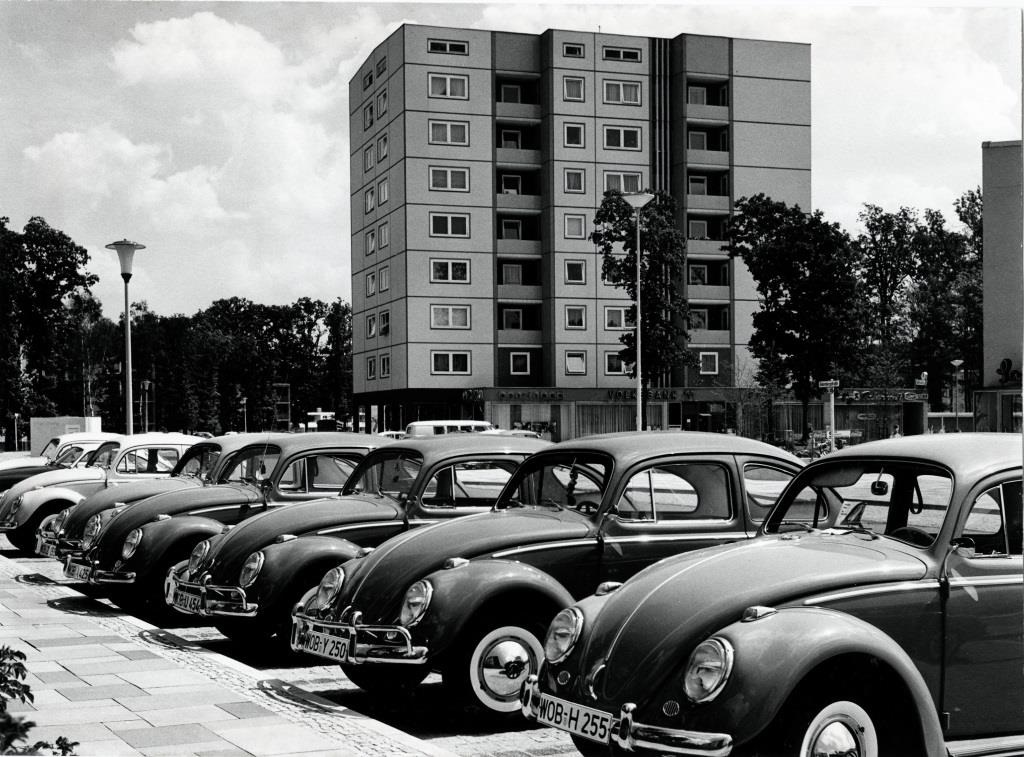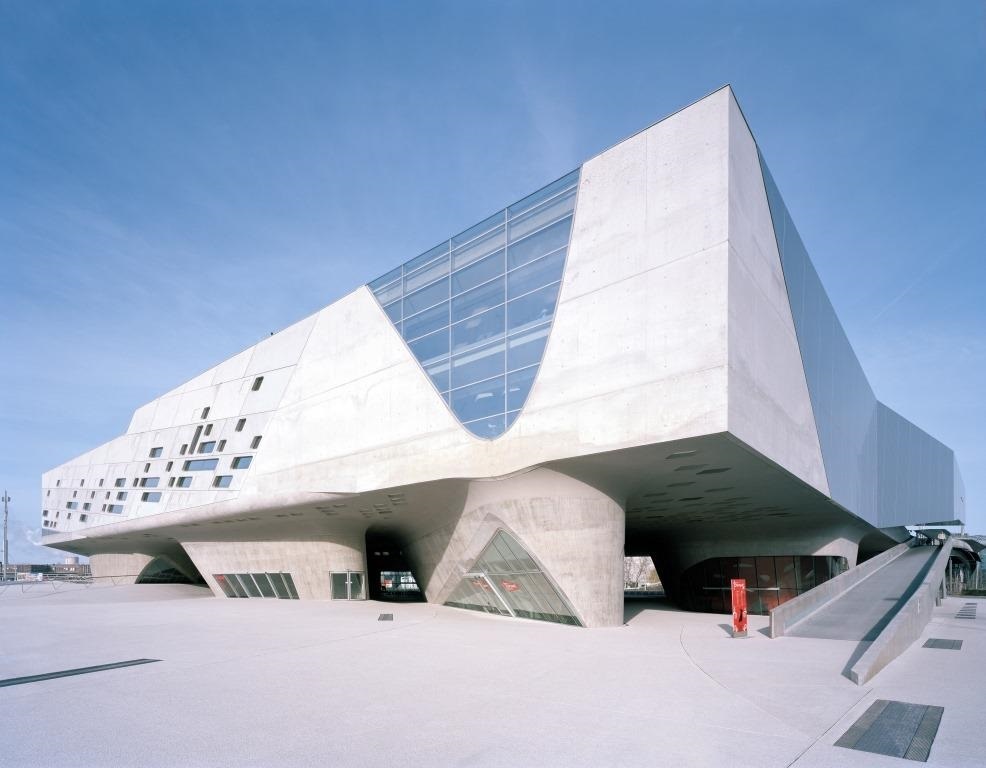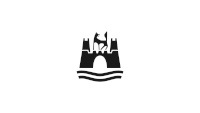Video "50 years of the city of Wolfsburg
With the construction of the Volkswagen factory in 1938, a residential town was to be founded for the workers of the factory, which was characterized by the integration of the residential quarters in wide green areas according to the reformist ideas of the garden city. Due to the war, the construction of housing in the "city of the KdF car" was largely halted towards the end of 1942. Barracks for German workers and the large number of forced laborers as well as makeshift buildings dominated the cityscape. The original urban planning proved to be an unrealizable utopia.
At the end of the war, the city resembled a torso of a few constructed neighborhoods with half-finished streets and rudimentary infrastructure. At its first meeting on May 25, 1945, the city council appointed by the American occupying power at the time gave the city its final name "Wolfsburg" in reference to the castle of the same name on the Aller River. A decisive factor for the future development of the city was the now British occupying power's decision not to dismantle the industrial facilities of the Volkswagen factory and to produce the Volkswagen instead. Refugees and displaced persons made up a considerable part of the Volkswagenwerk's workforce. Through its economic rise and rapid expansion in the 1960s and 1970s, the Volkswagenwerk became the engine and the "Beetle" the symbol of the economic miracle in the Federal Republic. Under these conditions, the prerequisites for further orderly urban development were in place. Prevailing ideas and models of architecture and urban development were realized in Wolfsburg in pure form.
The city's population, which had migrated from all directions, soon developed a sense of home, as most of the citizens were faced with a new beginning that presented them with similar challenges. As new citizens, they created a new network of contacts through family, friends and clubs. Later, foreigners - especially Italians - and their families succeeded in doing the same, while preserving their traditions. Through the successful social integration of population groups, the city became the "social laboratory" of the Federal Republic.

An important caesura in the city's development was marked by the municipal territorial reform in 1972, as a result of which two small towns, Fallersleben and Vorsfelde, and 18 other villages were incorporated into the urban area. The urban area increased sixfold, Wolfsburg received the status of a large city and maintained its position as a district-free city. The city has inherited a centuries-long territorial-historical tradition, whose witnesses are, among others, the ducal residence Fallersleben Castle and Neuhaus Castle, in addition to Wolfsburg Castle. The historical dimension also includes examples of progressive action. The poet and scholar Hoffmann von Fallersleben, for example, is a representative of ideas that became historically effective forces and will remain guiding principles of political action in the present and the future.
Today, the majority of Wolfsburg's urban population lives outside the core city in the surrounding communities.
In 1988, the Institute of Automotive Engineering was founded as the forerunner of a university of applied sciences in Wolfsburg, which currently has over 3,000 students in the Volkswagen city as a branch of the Ostfalia - University of Applied Sciences. The close association with Volkswagen AG ensures an exchange between university teaching and practical applications. In addition, the Lower Saxony Research Center for Automotive Engineering - an interdisciplinary center of the TU Braunschweig - has had several institutes located at the Mobile Life Campus in Wolfsburg for a few years now. This has given Wolfsburg a new quality as a university location.
Headquarters is not only a delivery center for customers, but also a place of experience with top-class leisure and cultural activities. Other attractions in this sector include the Phaeno experimental landscape built by world-renowned architect Zaha Hadid, the Volkswagen Arena, BadeLand, the EisArena and the entire Allerpark as a leisure destination. Wolfsburg's art museum enjoys an international reputation and delights its visitors with highly acclaimed exhibitions. Since the mid-1990s, the city of Wolfsburg has undergone a fundamental structural change. The industrial residential city in the countryside

transformed into a service center with a consumer and leisure offering that has developed charisma beyond the region.
The cultural center of Wolfsburg Castle is an attraction due to the cultural institutions located there. The dynamic development of Wolfsburg as a business location, triggered and supported by the growth of Volkswagen AG and the expansion of the service sector, has led to an enormous increase in jobs that is unparalleled. The number of jobs available in the city roughly corresponds to the number of city residents. Repeated studies have highlighted the special dynamics of Wolfsburg's urban development in a comparison of cities. A key role is played by Wolfsburg AG, a public-private partnership between the city and Volkswagen AG, whose business activities include attracting suppliers to the Volkswagen plant and establishing new companies on the Innovation Campus.
-
Contact
City of Wolfsburg
City administration
Porschestrasse 49
38440 WolfsburgTelephone: 05361 28-1234
Fax: 05361 28-1500E-mail: servicecenter@stadt.wolfsburg.de

